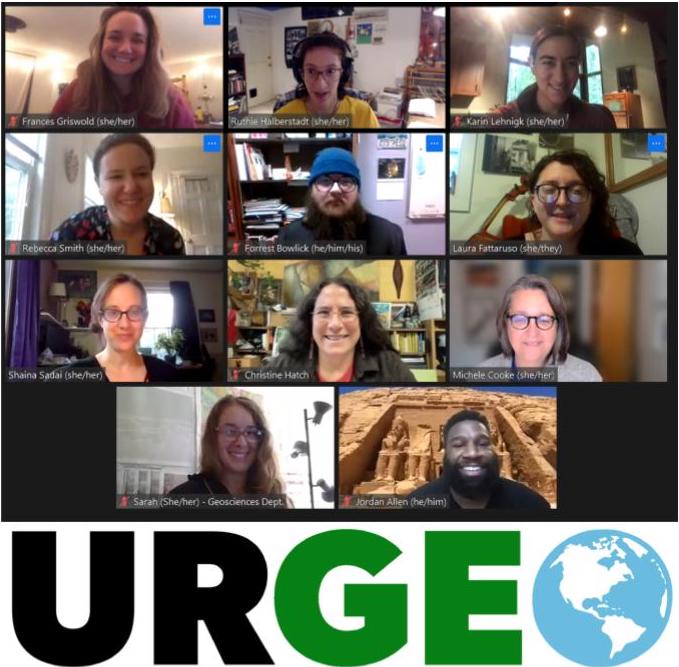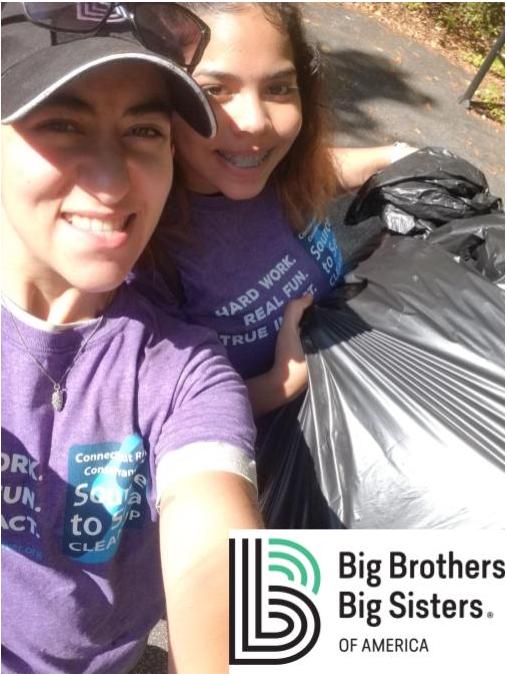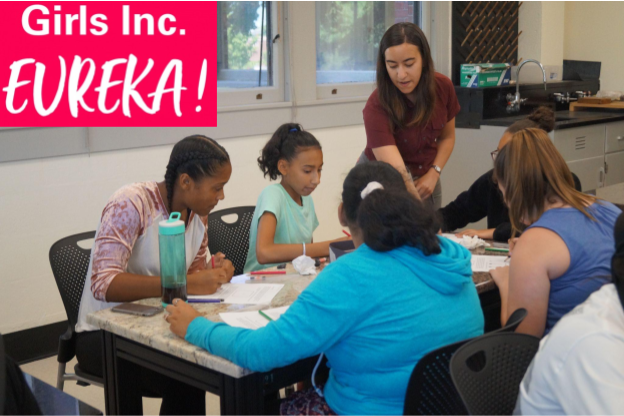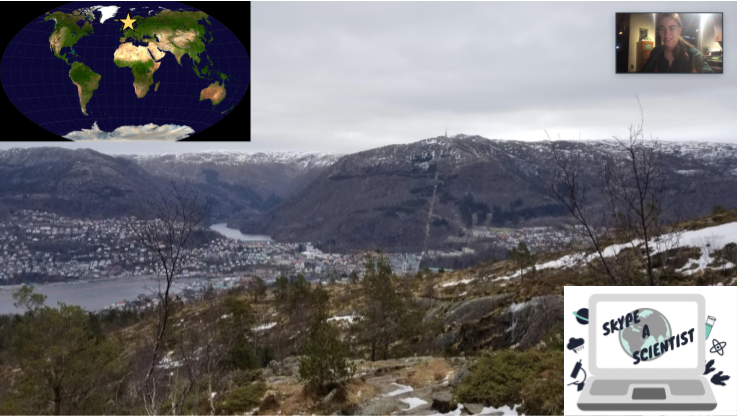Diversity, Equity, and Inclusion
The topic of landscape change is relevant to many aspects of society, especially now that so much present-day landscape change is caused, directly or indirectly, by people. So it's vital that we make the field as inclusive as possible, from lab groups to university departments to international societies, so that those who are most affected by urgent problems such as climate change, water availability, and food security can shape the way we respond to them. More generally, communities have a responsibility to confront and dismantle racism, ableism, and gender-based discrimination inherent in our systems and institutions in order for everyone to have the opportunity to succeed. Below are some of the initiatives I'm proud to have contributed to; I encourage you to read more about each one in the links below!




Some papers that have helped shape my perspective on DEI and representation in geoscience:
An actionable anti-racism plan for geoscience organizations (Ali et al., 2021)
Race and racism in the geosciences (Dutt, 2020)
Scientists from historically excluded groups face a hostile obstacle course (Berhe et al., 2021)
What’s in a seminar? (Keisling et al., 2020)
Does Our Vision of Diversity Reduce Harm and Promote Justice? (Keisling et al., 2020)
Creating Accessible Introductory Geology Field Trips (Cooke et al., 1997)
Experiences of deaf and hard-of-hearing professionals in STEM fields (Cooke & Graham, 2012)
WAMPUM Adaptation framework: eastern coastal Tribal Nations and sea level rise impacts on water security (Leonard, 2021)
Harassment should count as scientific misconduct (Marín-Spiotta, 2018)
Survey of Academic Field Experiences (SAFE): Trainees Report Harassment and Assault (Clancy et al., 2014)
Glaciers, gender, and science: A feminist glaciology framework for global environmental change research (Carey et al., 2016)
Assessment of Learning in Entry-Level Geoscience Courses: Results from the Geoscience Concept Inventory (Libarkin & Anderson, 2005)